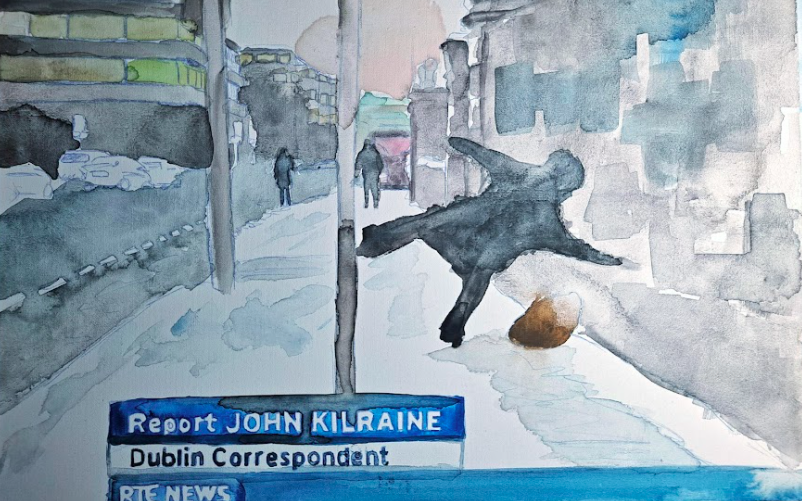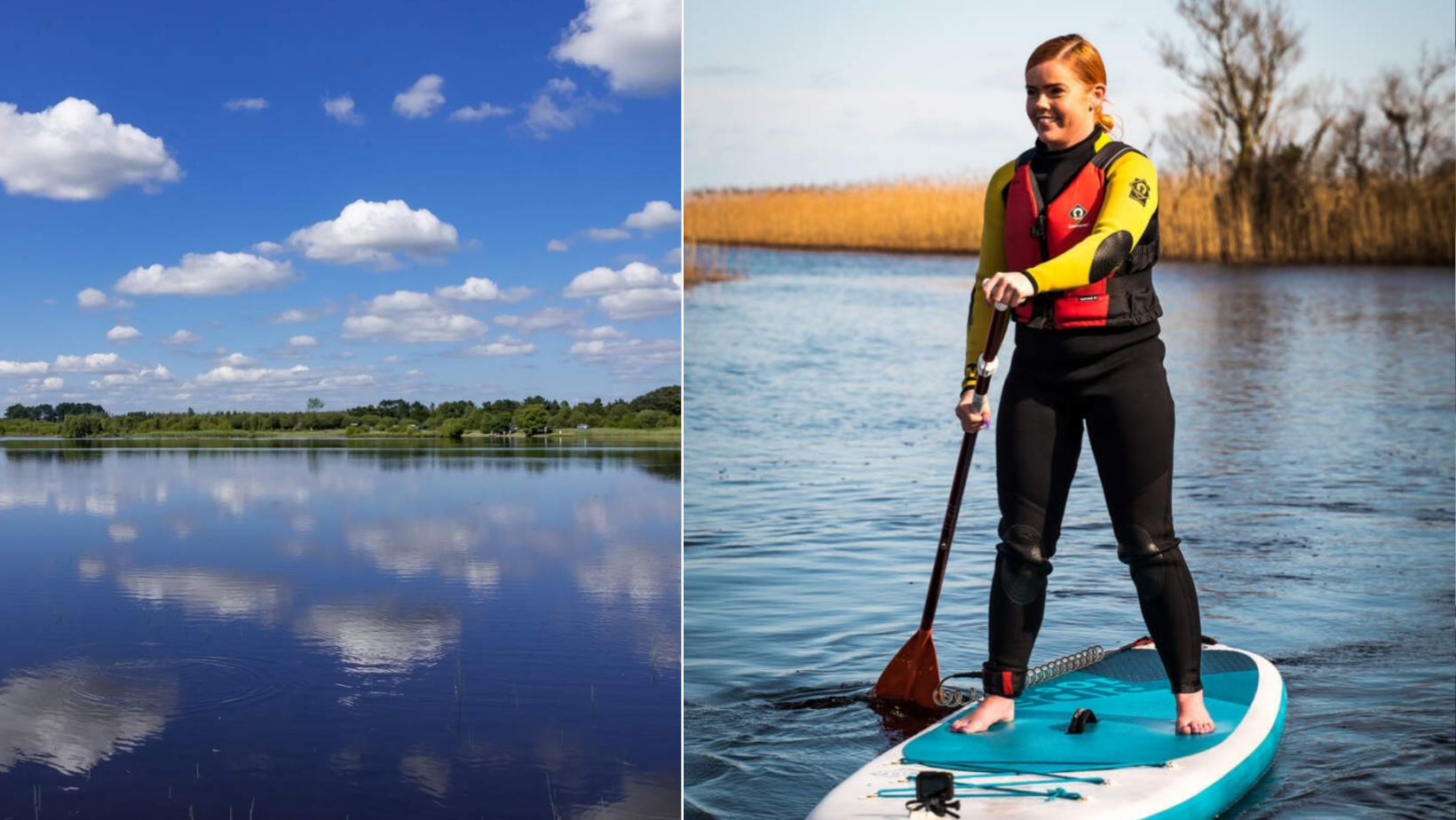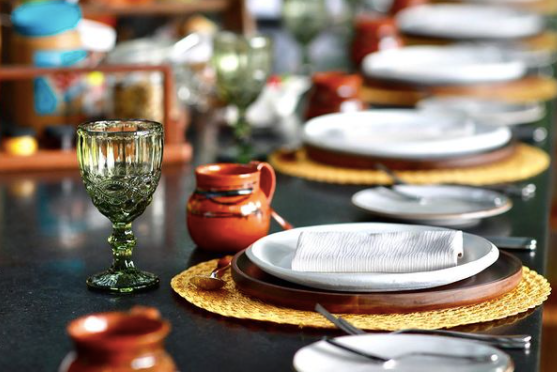Are you recently married? Well, you could be missing out on savings of thousands of euro that lots of people don’t seem to know about.
It is being described as a ‘Wedding Present’ from Revenue and experts at Taxback.com are reminding couples that one tax break they are entitled to is ‘year of marriage relief’.
Barry Flanagan, Director at Taxback.com explains:
“In the year you’re married, both you and your spouse will continue to be treated as single people for tax purposes. However, if the tax you pay as two single people is greater than the tax payable if you were taxed as a married couple, you can claim the difference as a tax refund.
“Only tax deducted in the months after marriage can qualify for a tax refund, and refunds are typically granted the following year.
“Surprisingly, not everyone notifies the Revenue of this change in personal circumstance and I can only guess that it’s because they are not aware that it could result in money in their pocket.
“As per the CSO’s new data, there is 89,000 people married in Ireland in the years 2014 – 2018. If even 10% of these people haven’t notified Revenue then that’s 8,900 couples that could be due a refund.
“We are also older than ever before when we say ‘I do’. I fact, the average ages are between 35 – 40 years of age[2], meaning that our income in the ‘year of marriage’ is probably much higher than it was for previous generations. So, the tax savings would potentially be greater.”
The tax refund specialists have outlined a marriage savings checklist for those who are interested.
In a nutshell people can potentially make a saving if:
- Both spouses are working but only one pays tax at the higher rate
- Both spouses are working and one spouse has unused credits due to low income
- Only one spouse is working
- One spouse cares for children in the home
- They are disposing of assets or making investments
Taxback.com say that in the years following marriage a couple can chose from 3 tax assessment options:
- Assessment as a single person: Under this option, each spouse is treated as a single person for tax purposes.
- Separate assessment: The main difference between this option and assessment as a single person is that some tax credits can be divided equally between both partners. The balance of the tax credits is given to each partner in proportion to the relevant cost. The Employee Tax Credit (the PAYE tax credit) and any expenses are allocated to the appropriate spouse, and any tax credits (other than the Employee Tax Credit) rate band and employment expenses that are unused by one partner, can be claimed by the other at year end.
- Joint assessment: The joint assessment option is usually the most favourable basis of assessment for a married couple or civil partners. Under this option, the tax credits and standard rate cut-off point can be allocated between spouses to suit your own circumstances.
When both spouses are working, a married couple can earn up to €69,100 before the higher rate of tax kicks in.
This means that if each spouse is working and earning €34,550 or more, each is already taking full advantage of the standard-rate tax band and no tax saving is available.
Furthermore, when you both work and earn less than €34,550 each, you won’t be any better off when it comes to tax.
This is because the main way to save income tax as a working married couple is to reduce the amount of income which is taxed at the higher rate. But, if neither of you are paying tax at the higher rate, there will be no incentive to share any unused standard rate tax band.
2018 standard rate cut-off points:
- Single Person – €34,550
- Married couple (one income) – €43,550
- Married couple (two incomes) – Up to €69,100*
- One parent family – €38,550
This comes just two months after the same financial experts discovered that over half of the people in Ireland are failing to claim this big tax refund back each year also.
READ NEXT: PICS: A Local Irish Gaelic Football Club Is Raffling Off A Four-Bed House For Just €100
Topics:
RELATED ARTICLES
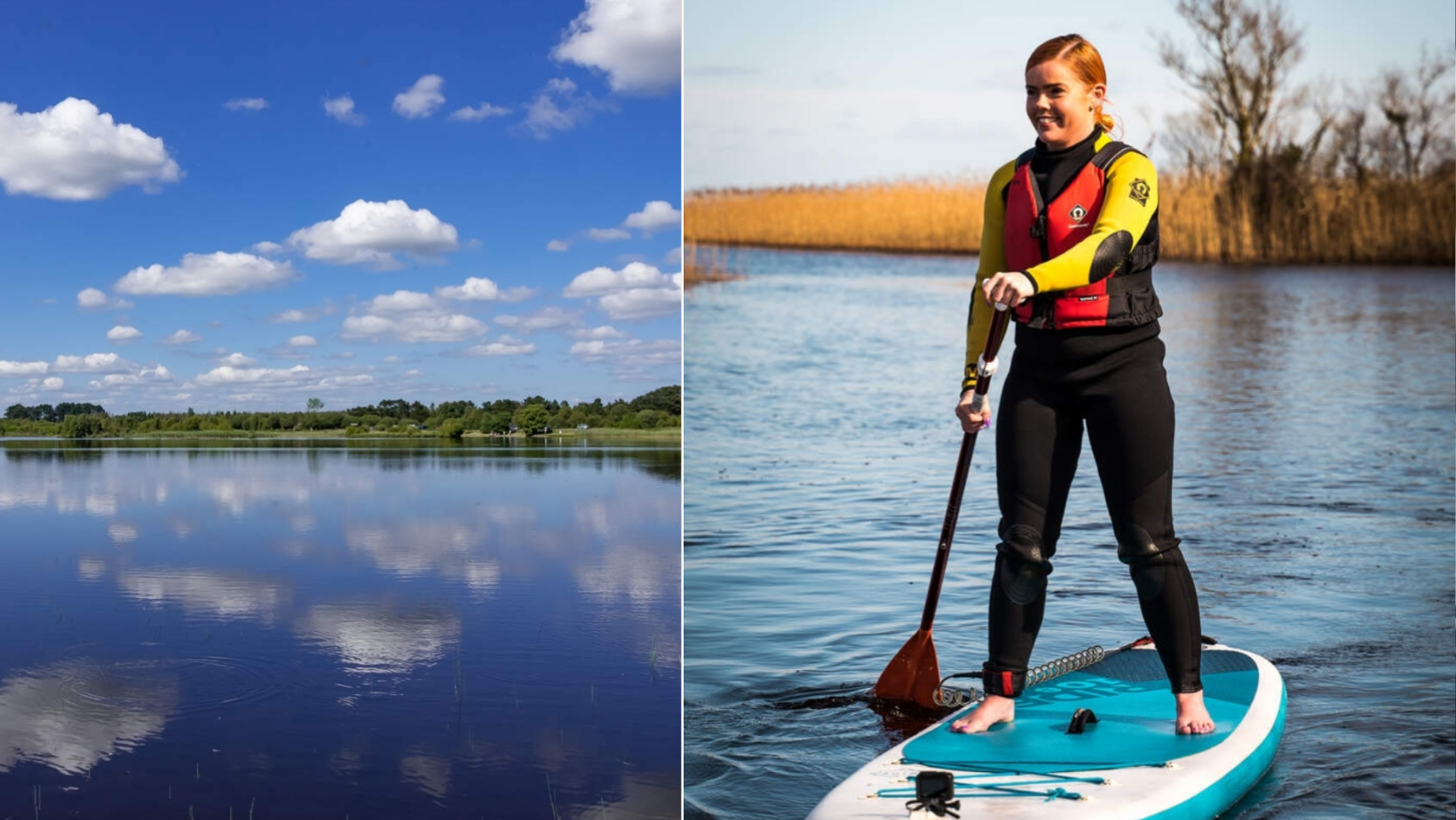
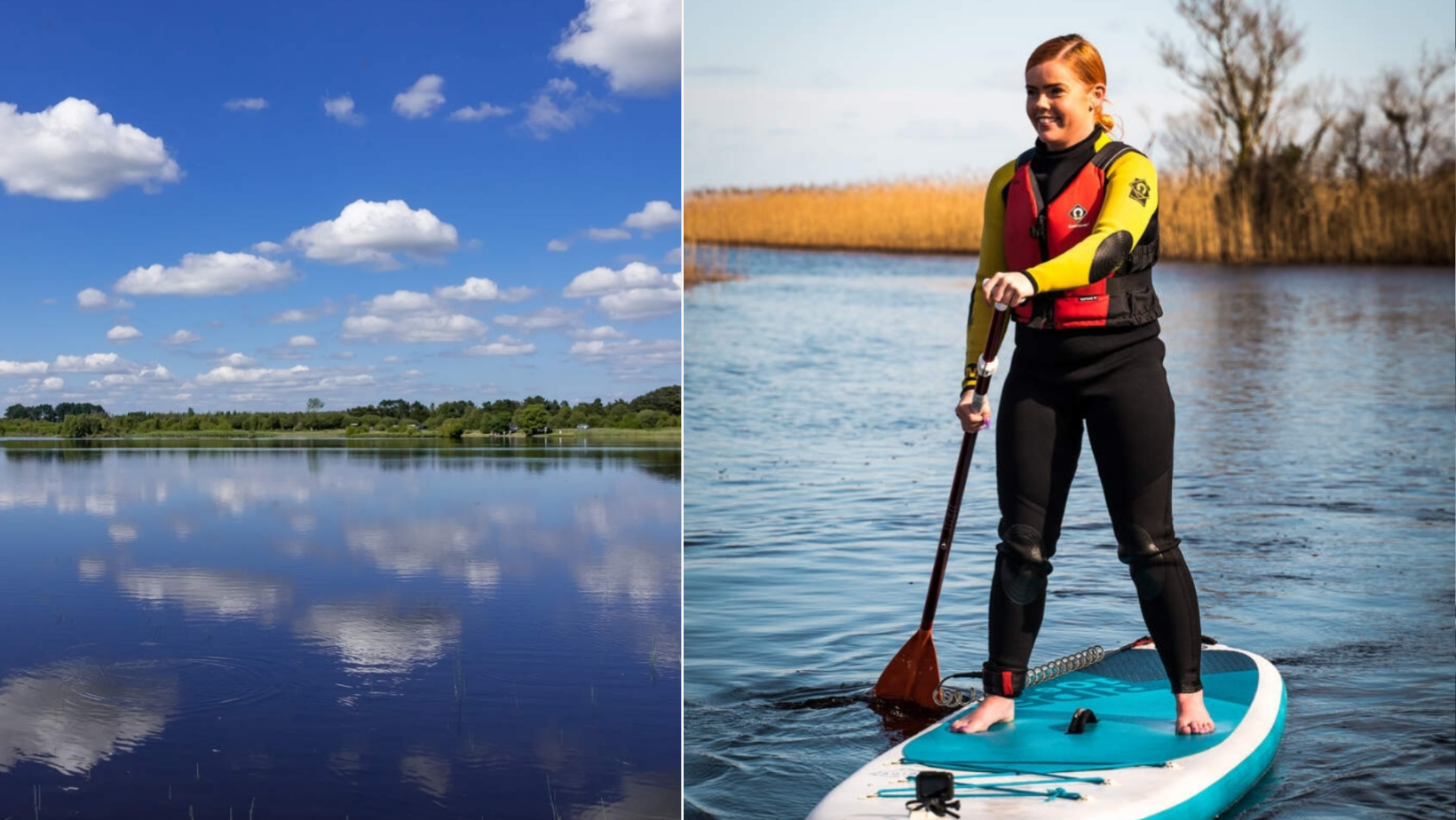




MORE FROM Lovin

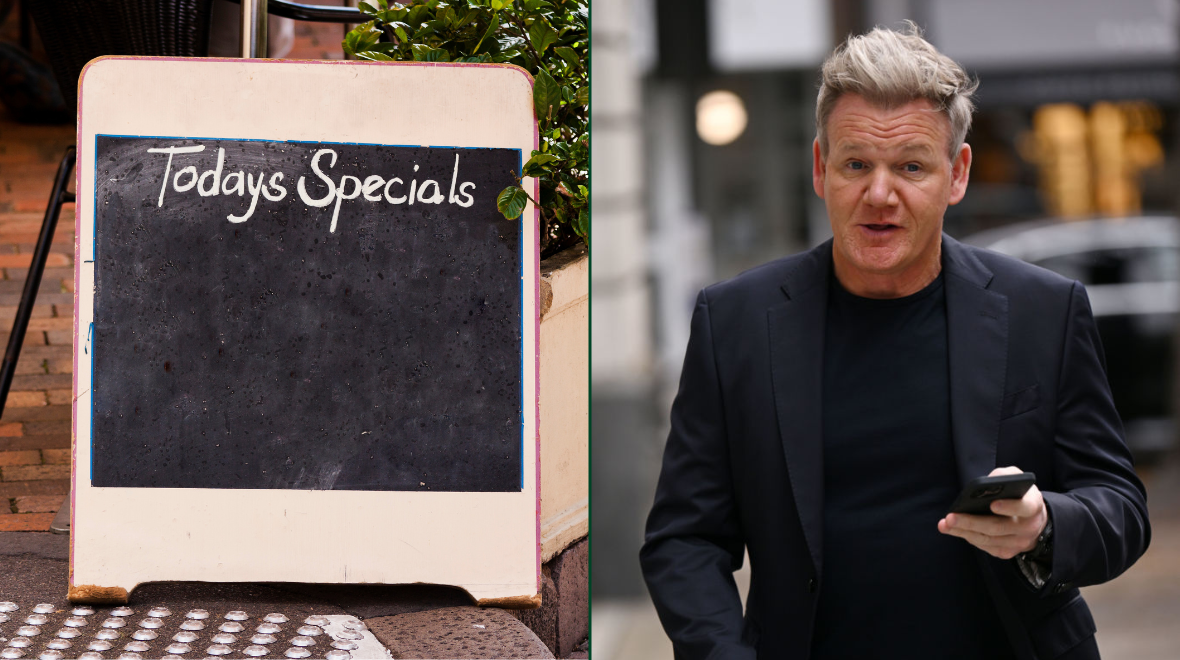








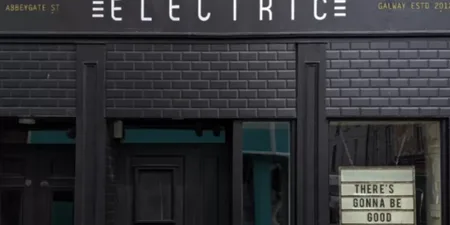
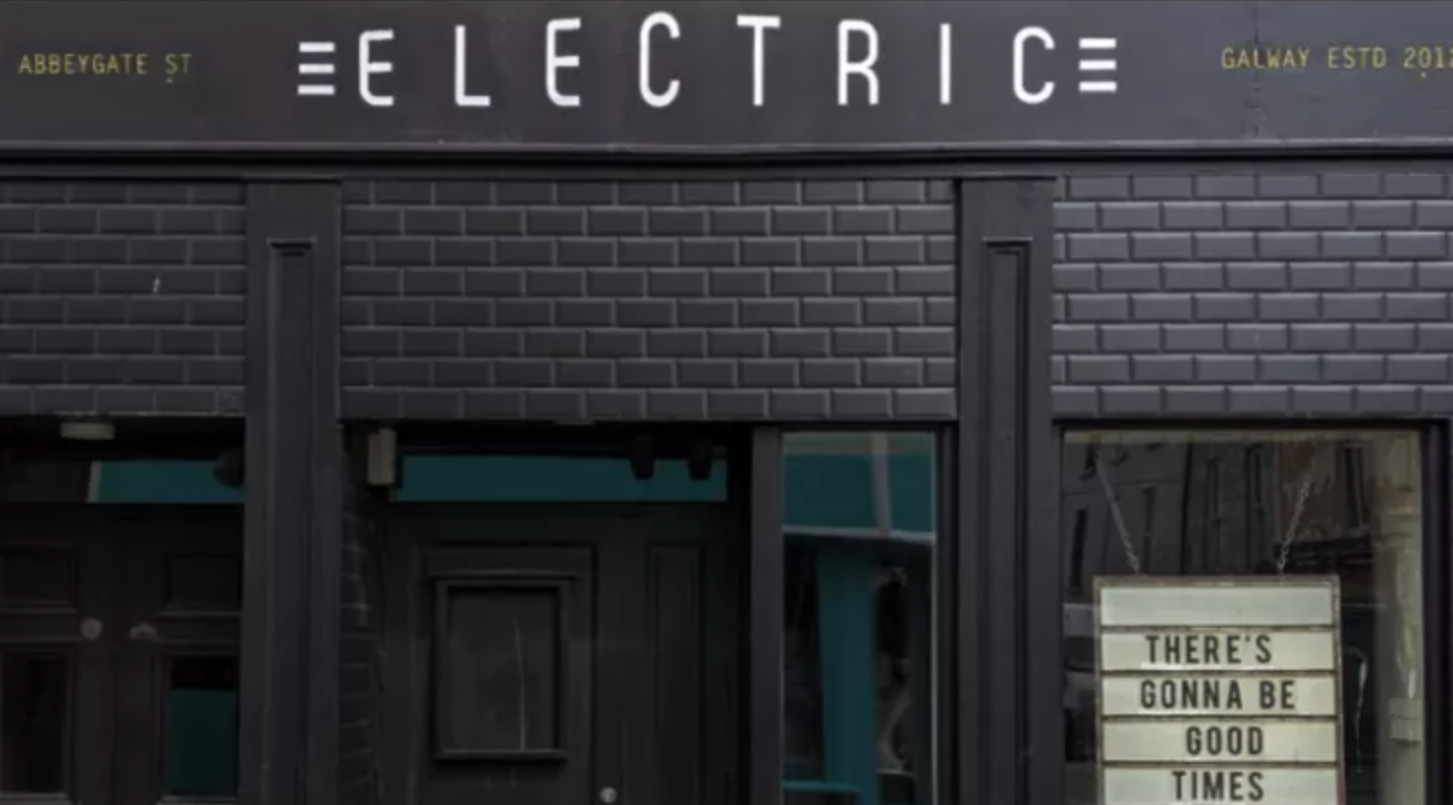
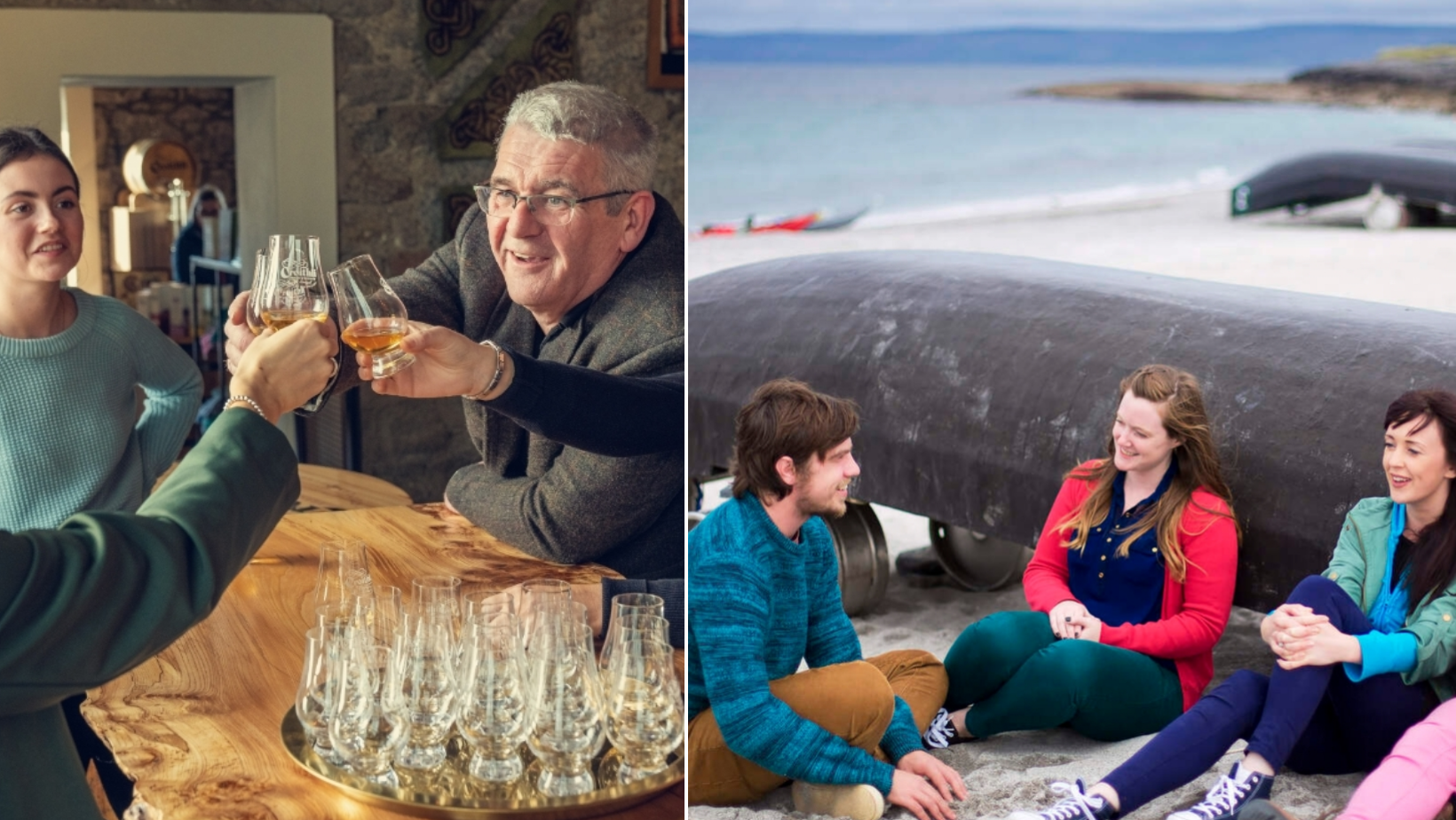
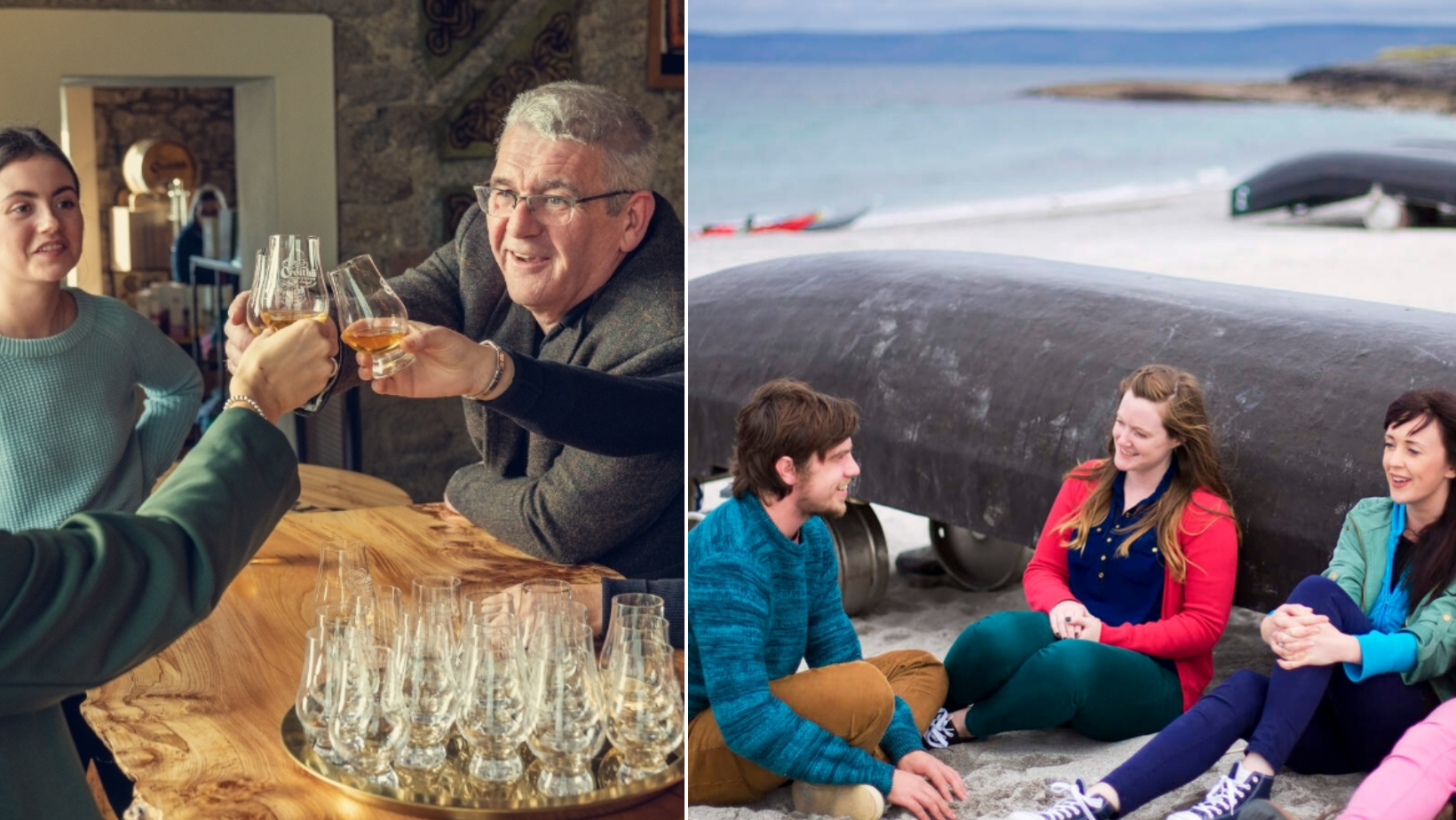










MORE FROM Lovin











